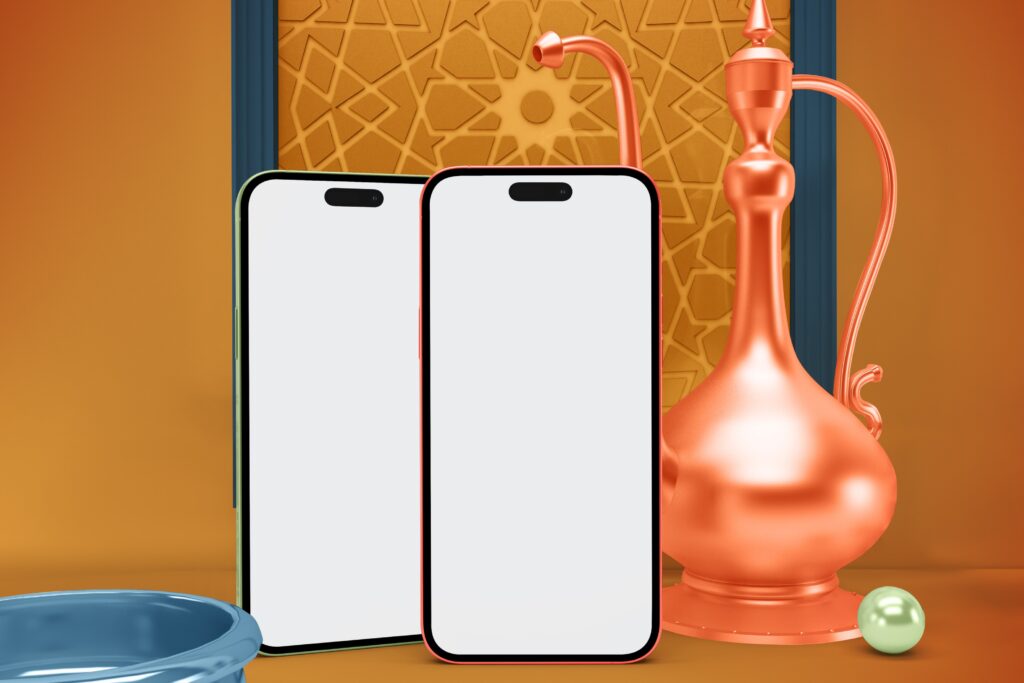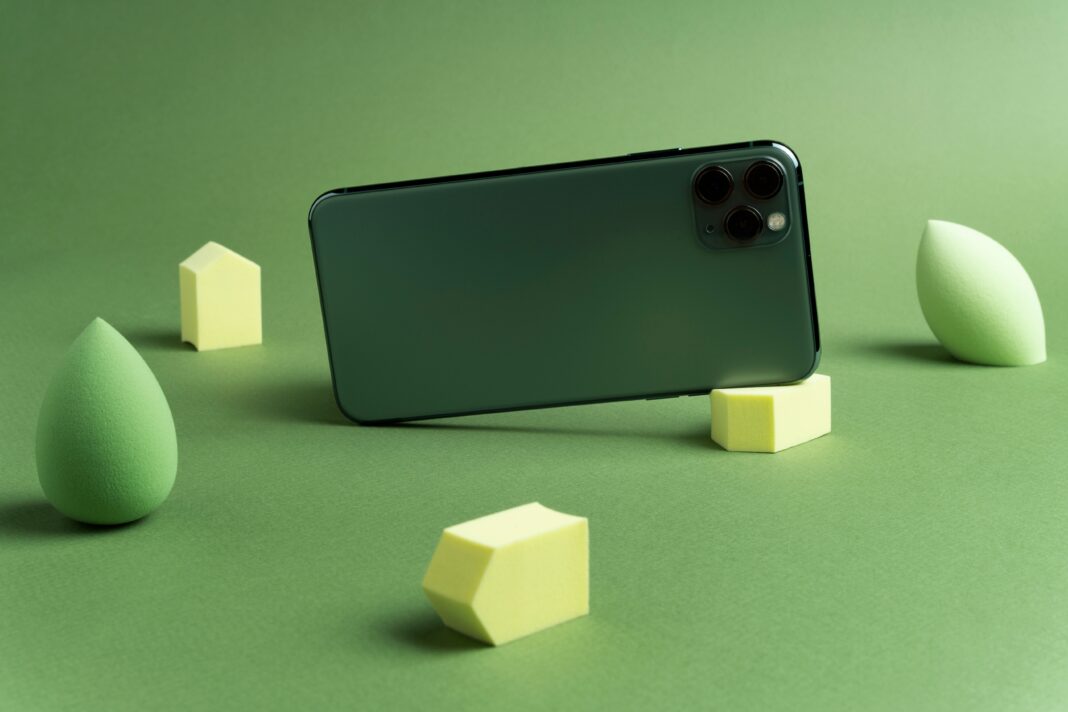Choosing between an Android phone and an iPhone in 2025 is more complex than ever. Both platforms have advanced significantly, offering cutting-edge technology, but they cater to different user preferences. This guide dives deep into every aspect—hardware, software, cameras, battery life, pricing, ecosystem, and future trends—to help you decide which smartphone best fits your needs.

1. Performance and Hardware: Speed, Power, and Efficiency
Processor Technology
Apple’s iPhones have always been ahead in processor performance due to their custom-designed A-series and M-series chips. In 2025, the A18 Bionic (standard models) and M3 chip (Pro models) are expected to push boundaries with 3nm architecture, delivering 20% faster CPU performance and 30% better GPU efficiency compared to 2024.
Android phones, meanwhile, rely on multiple chip manufacturers:
- Qualcomm Snapdragon 8 Gen 4 (most flagship Androids)
- Samsung Exynos 2400 (Galaxy S25 series in some regions)
- Google Tensor G4 (Pixel 9 series, optimized for AI)
While Snapdragon and Exynos chips compete closely with Apple in raw power, Apple’s optimization gives iPhones an edge in real-world smoothness, especially in long-term usage.
RAM and Multitasking
- iPhones (2025 models expected to have 8GB RAM) use memory compression and iOS optimization to outperform Android phones with 12GB+ RAM.
- Android flagships (like Galaxy S25 Ultra) may offer up to 16GB RAM, making them better for heavy multitasking and gaming.
Thermal Performance
- iPhones tend to throttle under sustained loads (like long gaming sessions).
- High-end Androids (such as gaming phones like ASUS ROG Phone 8) have vapor cooling systems to prevent overheating.
Winner:
- For raw speed & efficiency → iPhone
- For heavy gaming & multitasking → Android
2. Software and Updates: Longevity and Features
iOS 19 vs. Android 15
- iOS 19 (2025) will likely focus on AI enhancements, deeper Apple ecosystem integration, and privacy controls.
- Android 15 will push foldable optimization, Google Gemini AI integration, and more customization.
Update Support
| Brand | Years of OS Updates | Years of Security Updates |
|---|---|---|
| Apple | 6+ years | 7+ years |
| Google Pixel | 5 years | 5 years |
| Samsung | 4 years | 5 years |
| Other Androids | 2-3 years | 3-4 years |
Winner:
- Long-term support → iPhone
- Faster feature adoption → Pixel/Samsung
3. Customization vs. Simplicity
Android Advantages
- Custom launchers (Nova, Lawnchair)
- Sideloading apps (APK installations)
- Default app changes (browser, SMS, assistant)
- System-level tweaks (rooting, custom ROMs)
iPhone Advantages
- Consistent, polished experience
- No bloatware (unlike carrier Android phones)
- Better app optimization (fewer crashes)
Winner:
- For control & customization → Android
- For simplicity & reliability → iPhone
4. Camera Comparison: Photos & Videos
iPhone Cameras (2025 Predictions)
- 48MP main sensor (brighter night shots)
- Periscope zoom (6x optical) on Pro models
- Improved Cinematic Mode (8K video)
Android Cameras (2025 Predictions)
- 200MP sensors (Samsung Galaxy S25 Ultra)
- AI-enhanced real-time editing (Google Pixel 9)
- Better manual controls (Pro Mode in Galaxy/Pixel)
Winner:
- Point-and-shoot consistency → iPhone
- Zoom & AI photography → Android
5. Battery Life and Charging
| Feature | iPhone 16 Pro Max (2025) | Galaxy S25 Ultra (2025) |
|---|---|---|
| Battery Capacity | 4,900mAh | 5,500mAh |
| Fast Charging | 35W (USB-C) | 65W (with charger) |
| Wireless Charging | 15W MagSafe | 15W Qi2 |
Winner:
- Battery efficiency → iPhone
- Faster charging → Android
6. Price and Value Retention
- iPhone 16 (2025) → Starts at $799, retains 65% value after 2 years.
- Galaxy S25 (2025) → Starts at $999, retains 50% value after 2 years.
- Budget Androids (e.g., Pixel 8a) → $499, but depreciate faster.
Winner:
- Resale value → iPhone
- Affordability → Android
7. Ecosystem: Which Works Best with Other Devices?
- Apple Ecosystem (Mac, iPad, Apple Watch) → Seamless AirDrop, Handoff, Universal Control.
- Android + Windows → Better Phone Link, Nearby Share, cross-device copy-paste.
Winner:
- Apple users → iPhone
- Windows/Linux users → Android
8. Security and Privacy
- iPhone → Strict App Store review, encrypted iMessage, Face ID security.
- Android → More malware risks but offers granular app permissions.
Winner:
- Privacy-focused users → iPhone
- Users needing flexibility → Android
9. The Best Choice for Different Users
| User Type | Best Choice |
|---|---|
| Tech enthusiasts | Android (customization, hardware variety) |
| Long-term users | iPhone (updates, resale value) |
| Budget buyers | Android (more options under $500) |
| Content creators | iPhone (better video, ecosystem) |
| Gamers | Android (higher refresh rates, cooling) |
FAQs
Q: Will iPhones ever allow sideloading?
A: Due to the EU’s Digital Markets Act (DMA), Apple will allow sideloading in Europe by 2025. Globally, they may resist but could introduce restricted alternatives.
Q: Which has better 5G support?
A: Both support 5G, but Android offers more carrier flexibility (e.g., mmWave in budget models).
Q: Do iPhones still use Lightning in 2025?
A: No. All 2025 iPhones will use USB-C following EU regulations.
Final Verdict: Which Should You Buy?
Choose iPhone If You Want:
✅ Longer software support
✅ Smoother performance
✅ Better video recording
✅ Stronger resale value
Choose Android If You Want:
✅ More hardware choices
✅ Faster charging & bigger batteries
✅ Customization & sideloading
✅ Better multitasking & gaming
Both platforms are excellent—your needs determine the best fit.

